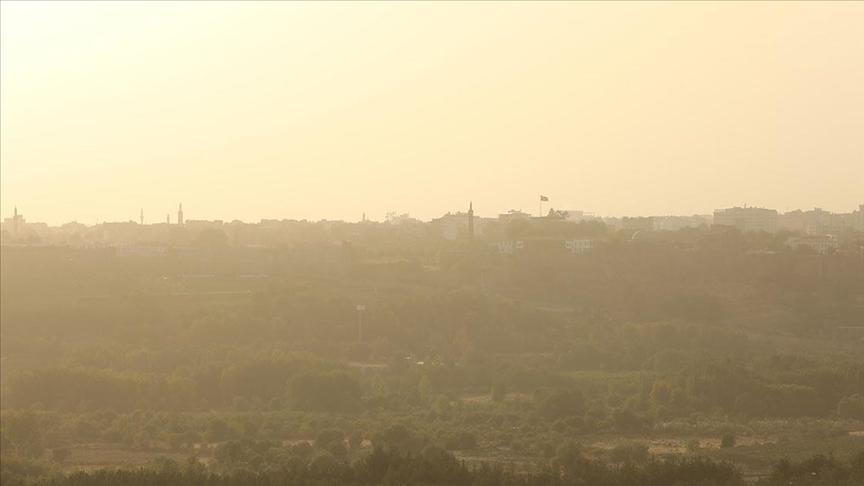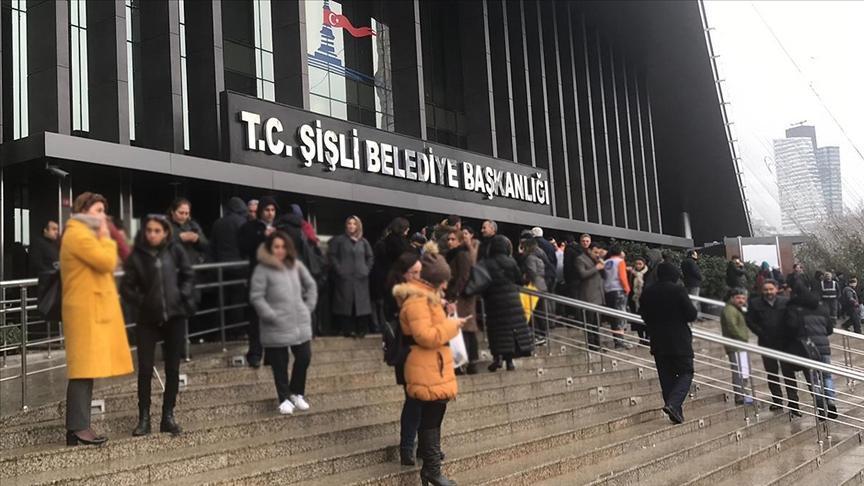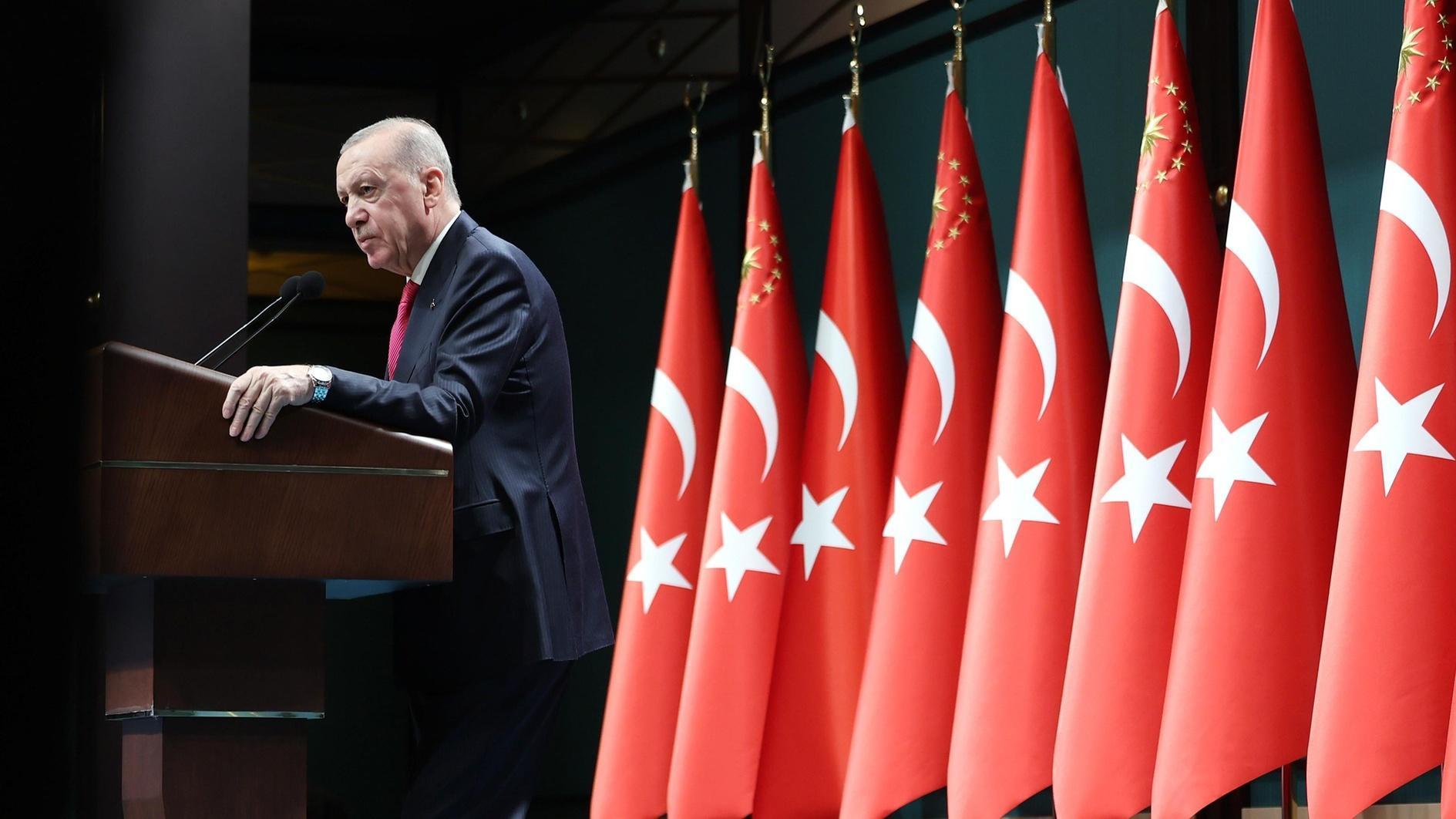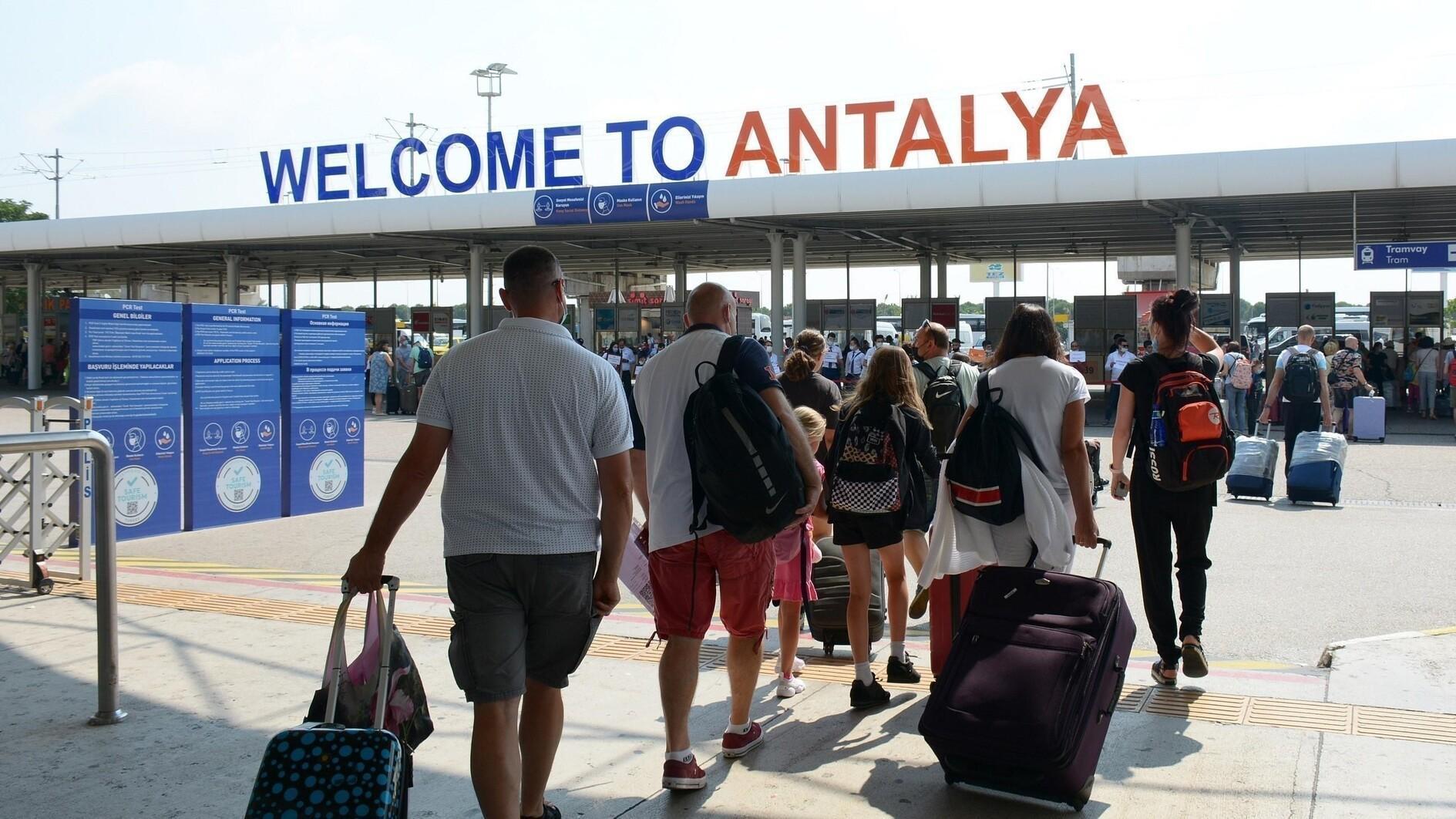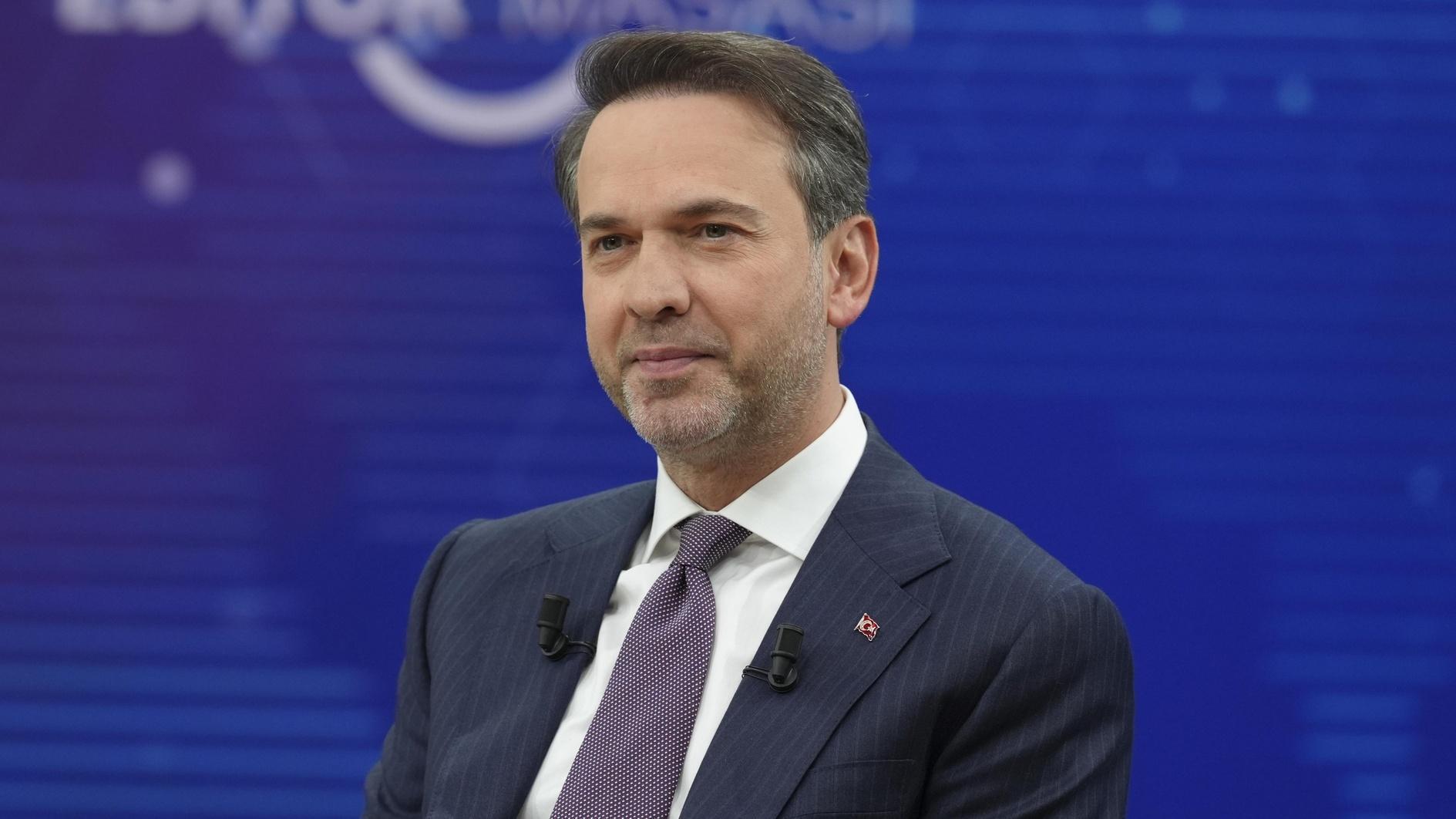Turkish university to set up a center for rare diseases
ANKARA
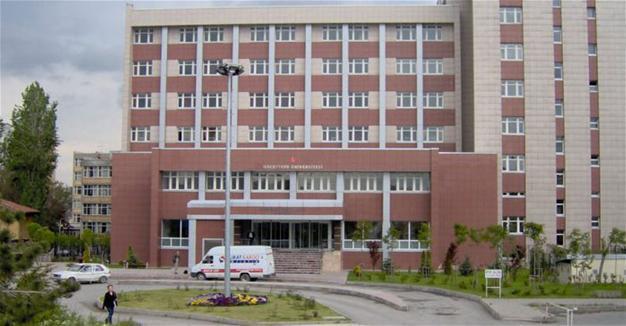 Ankara’s Hacettepe University will set up a center for research and treatment of 6,000 rare diseases that are common in Turkey due to consanguineous marriages.
Ankara’s Hacettepe University will set up a center for research and treatment of 6,000 rare diseases that are common in Turkey due to consanguineous marriages. There are roughly 7 million people in Turkey suffering from rare diseases, most of whom are children, according to the university. The center aims to discover a cure for Aicardi syndrome, clawhand, Donohue syndrome, Erdheim Chester disease, Fabry disease, Hunter syndrome, cystic fibrosis, Wilson disease, Wolfram syndrome and many others found in Turkey.
Hacettepe University Rector Professor Haluk Özen is scheduled to visit the U.S. to establish links in the field of rare diseases and cancer. They aim to open a “Center of Excellence” by obtaining the certification first, which is only rewarded if the institution becomes a leader in an area, as well as in practice, research, support and training. If the center is approved by Europe, Hacettepe University will be able to research on rare diseases.
“With our efforts, we are on our way to becoming a ‘Center of Excellence’ that Europe will accept,” Özen said. “Rare diseases are important treasures for Hacettepe, because professors have in the past saved samples,” he added.
“Consanguineous marriages are very common in Turkey. They result in the emergence of rare diseases. Professors in the past have saved disease remnants from children with rare diseases, while they were conducting researches in biobanks to find cures for them. They saved the extracts thinking they could contribute majorly to science,” he said.
Özen said they were receiving support from the Health Institutes of Turkey (TÜSEB), which operates under the auspices of the Turkish Health Ministry.
“We are still researching. It’s low in number, but the treatments on the genes in which rare diseases are found, gain value in terms of leading the big groups. With the support of TÜSEB, the materials obtained from the ones with rare diseases will be accessible to be collected in biobanks,” he added.
“I will go to the U.S. next week. I will hold meetings with the National Cancer Institute and National Institute of Health. If a decision to cooperate comes after that, important steps will be taken in terms of research and treatment,” he said, noting that the “Center of Excellence” was essential for Turkey.


